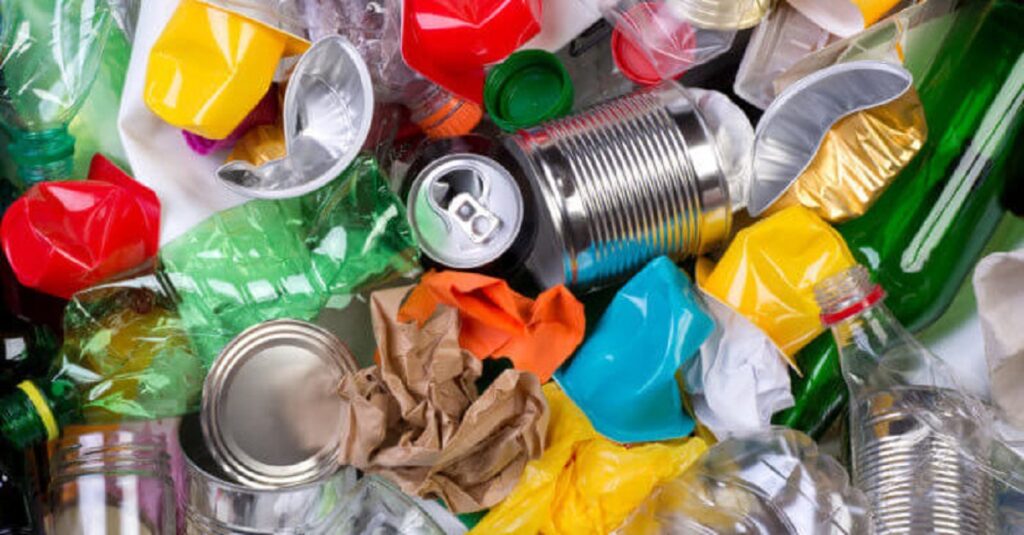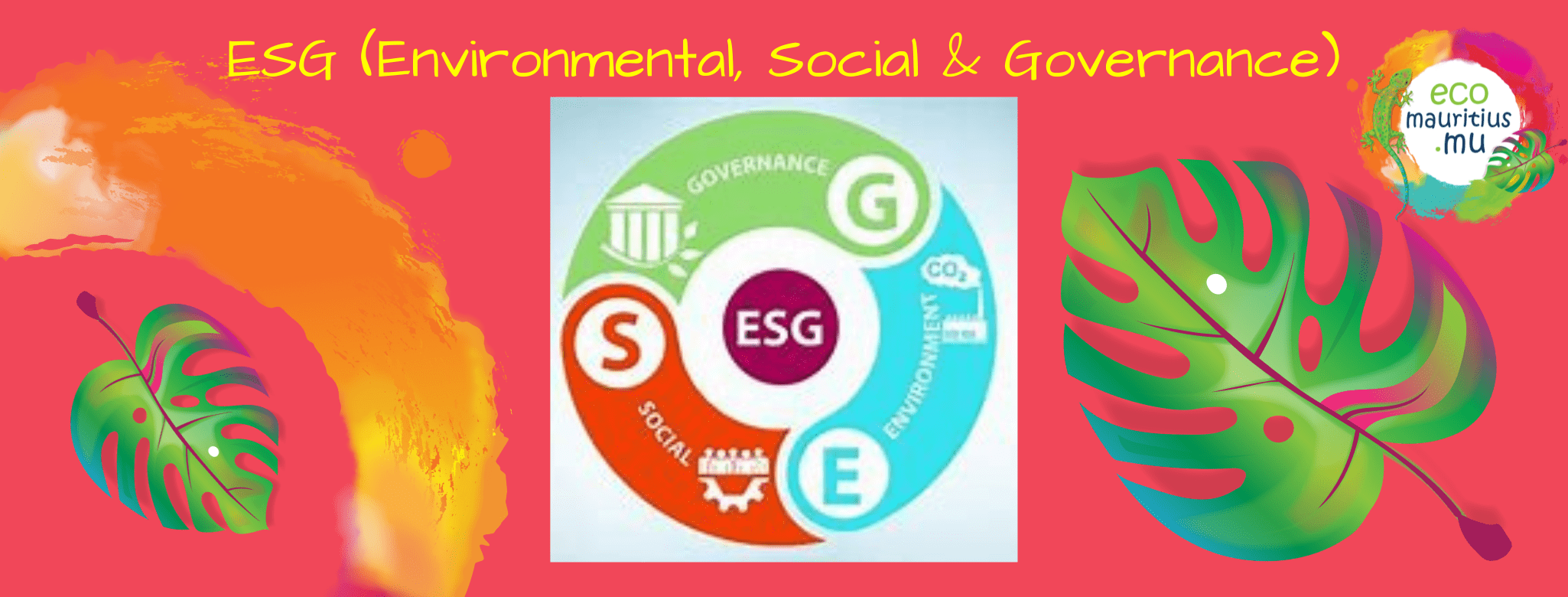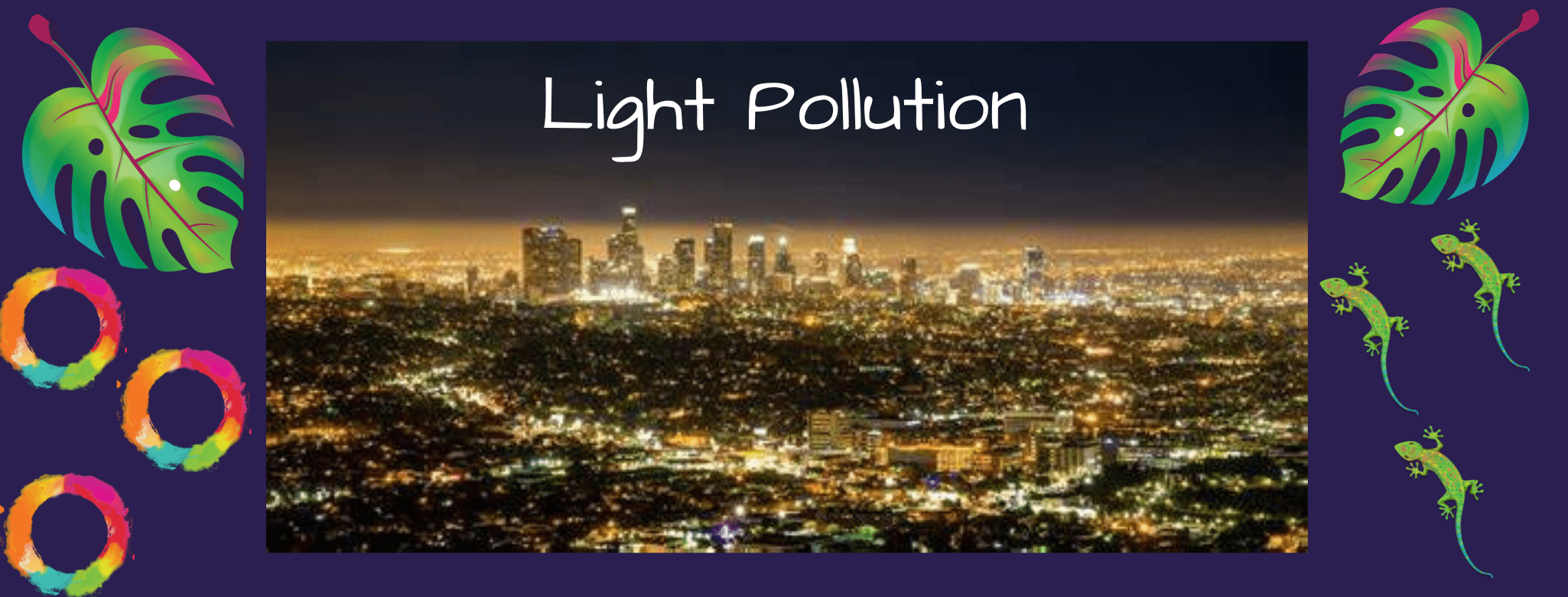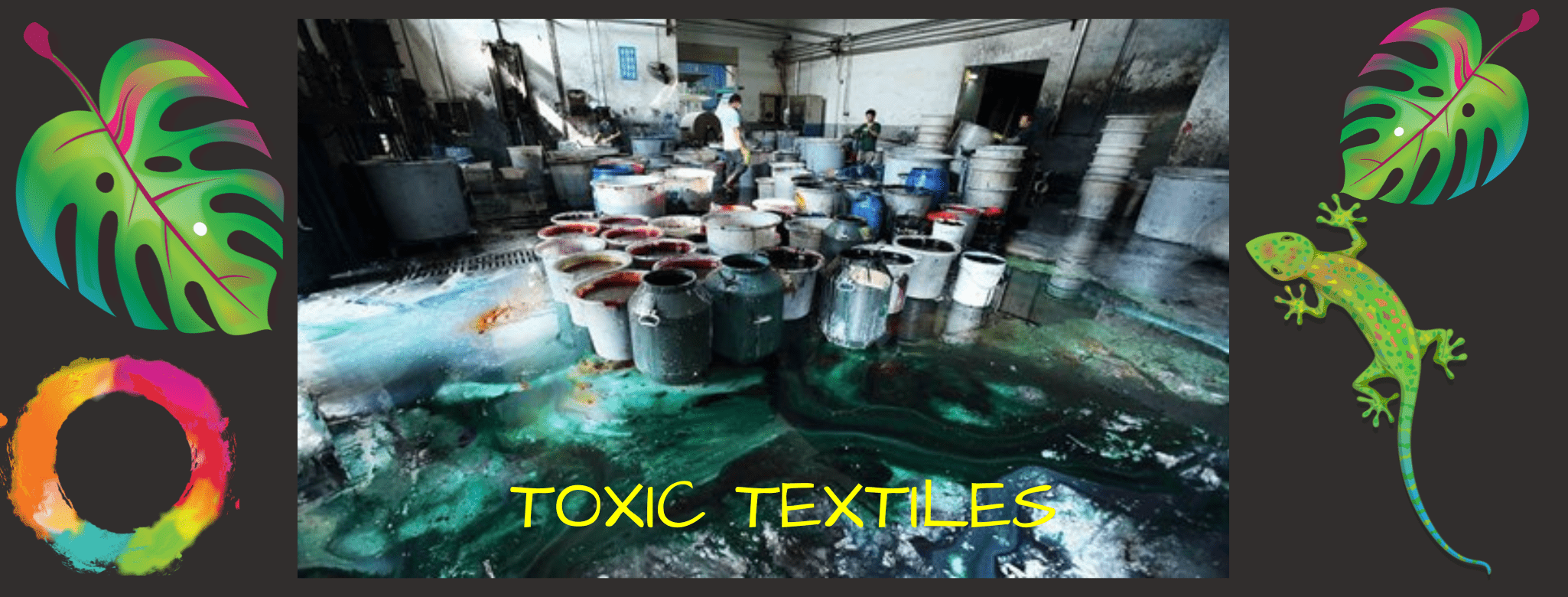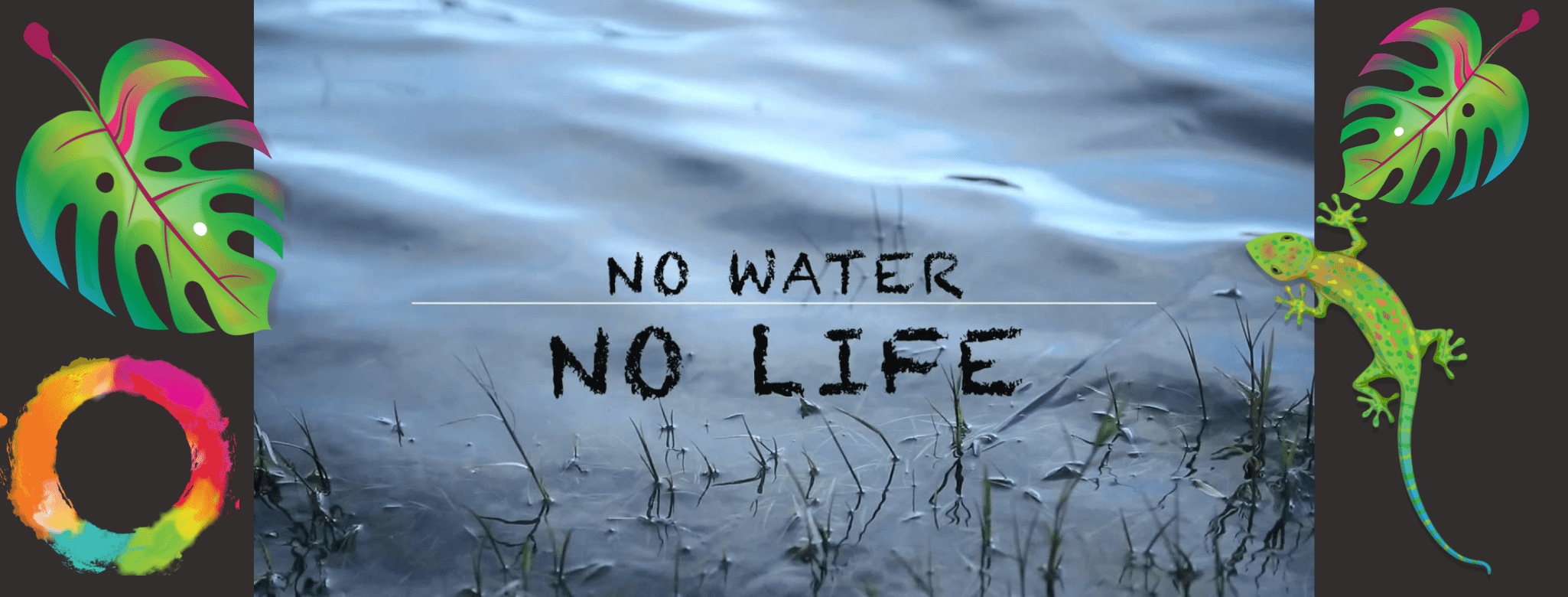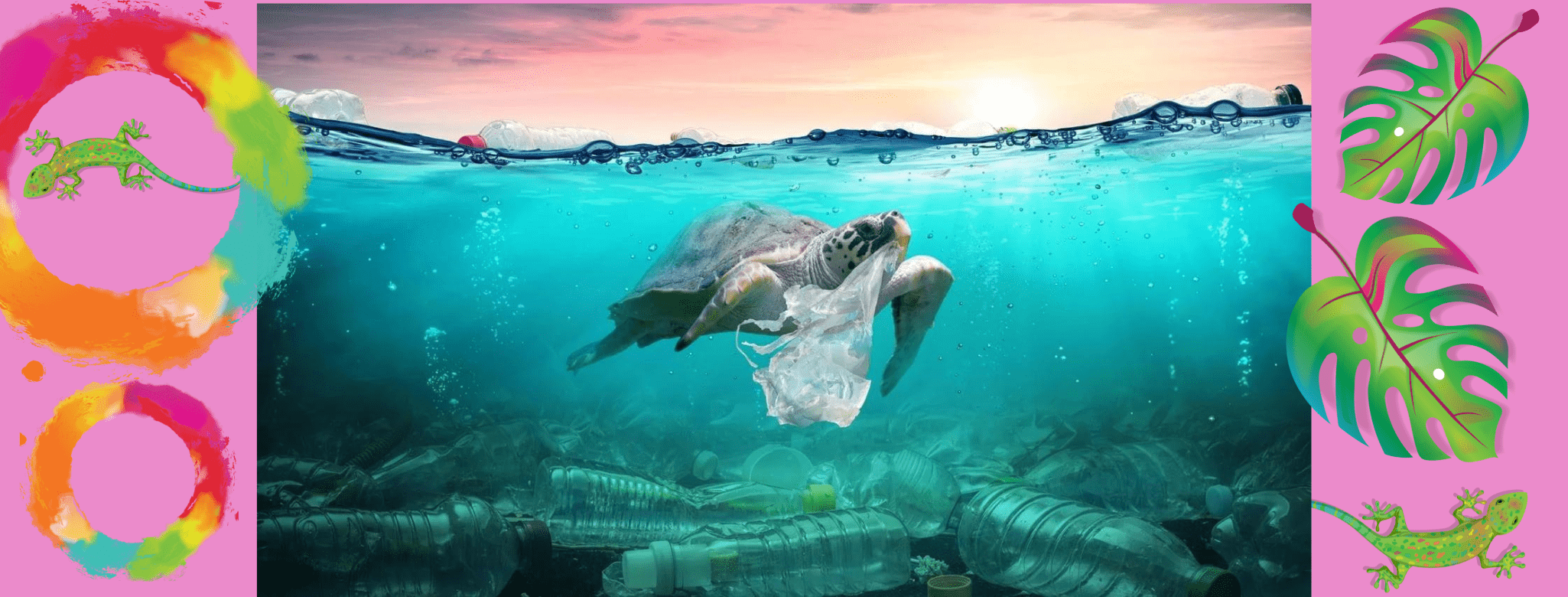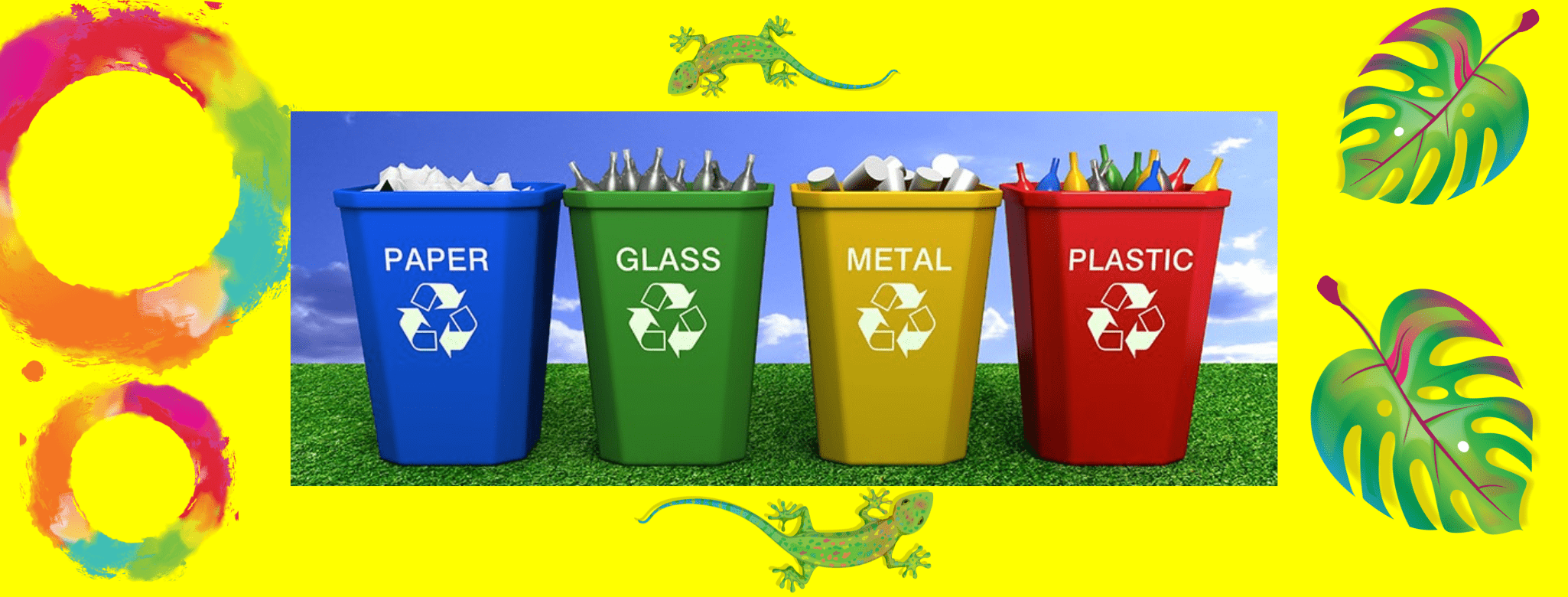
Recycling is the process of transforming waste materials into new products instead of throwing them away as waste. We hear this word all the time today, but recycling is not a new concept at all. It is almost as old as human history; it was a natural way of living. There was scarcity of raw materials and less means to acquire new products. The 20th and 21st centuries have been the era of overproduction of waste, with a serious threat to the planet.
Without recycling, life on Earth would quickly become unbearable. We all would be living in landfills and incinerators, with the world being a giant incubator for pollution and diseases. Industrialisation has also brought its share of pollutants and environmental disasters… We can still reverse the mess. People are becoming more aware of the need of recycling. There are more efforts globally done on the side of governments, private sectors, and the public in general.
Recycling has so many benefits such as the reduction of waste sent to landfills and incinerators, the conservation of natural resources such as timber, water and minerals, the prevention of pollution, the decrease in demand for raw materials, saving energy, among others. Recycling also generates employment with the need for a massive labour force to conduct recycling activities at all levels.
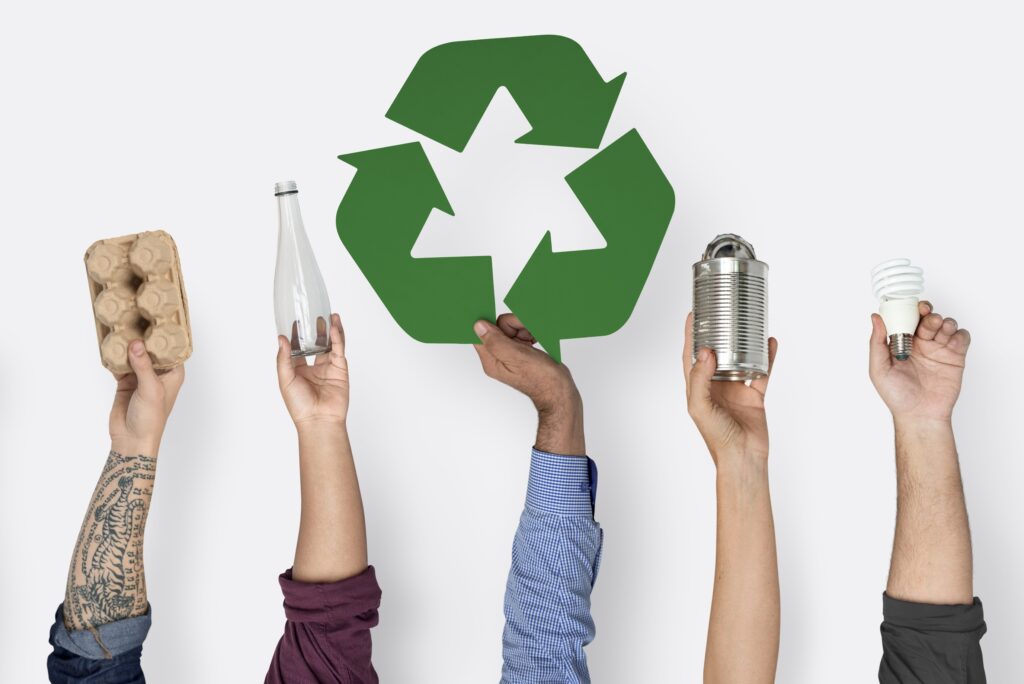
The three steps to recycling are Collecting & Processing, Manufacturing, and Purchasing products made from recycled materials.
Collecting & Processing: In many countries, the sorted waste is collected directly at your doorstep. In Mauritius, however, we have not reached this stage yet, but there are drop-off zones in all parts of the island for paper, plastic, aluminium cans, and glass bottles. These are afterwards collected by NGOs that sent them to recycle sites.
Manufacturing: Many household products are today made from recycled materials such as newspapers and tissues, aluminium, plastic, and glass soft drink containers, steel cans, garden plastic furniture, and plastic laundry detergents. In Mauritius, some detergents manufacturing companies even offer to their customers to bring back their empty containers, with a discount on their next purchase. That’s a good incentive, every small step matters. In some countries, recovered glass is used in asphalt to pave roads.
Purchasing: Of course, the process is not complete if we don’t buy products made from recycled materials! When going shopping, look for products that can be easily recycled and those containing recycled content. You can also choose to make your own recycled objects, useful or decorative ones, at home from your own waste instead of buying, there are so many examples on the net, just help yourself!
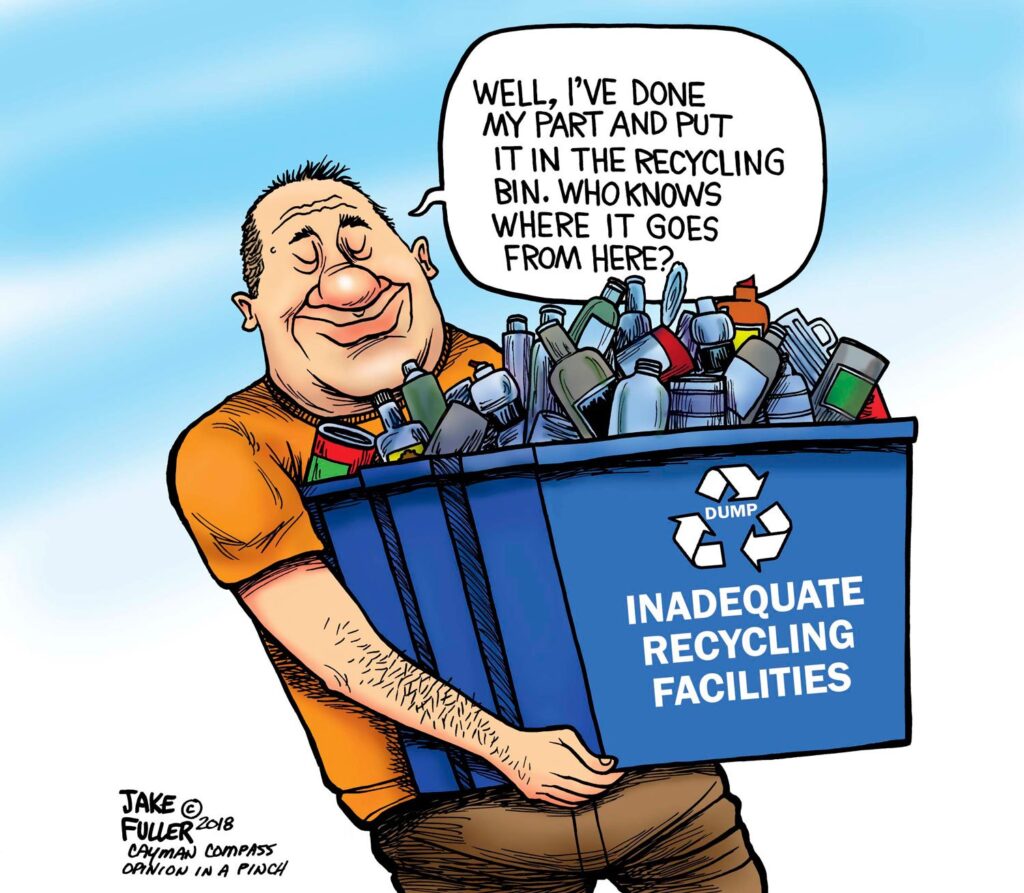
In Mauritius, people are becoming more aware of the need to recycle, but there are not enough facilities available yet. The government is slowly going in the good direction, but NGOs have already taken the lead fortunately; however, they are battling to get enough funds to continue their mission… For years, Mission Verte has been actively setting up awareness campaigns and installing recycling bins for plastic, cans and paper waste in various parts of the island, partnering with the private sector and local communities. Another NGO, We-Recycle concentrates on PET bottles. They collect the waste and take care of recycling process, encourage the installation of PET plastic bins with the sponsorship of private patrons, and set up awareness programmes. These are only some examples among so many other organisations and individuals who are contributing to a healthier environment in Mauritius at their own level and pace.
Sources:
